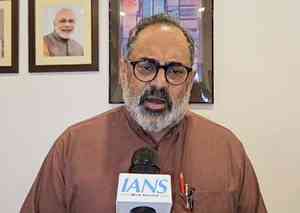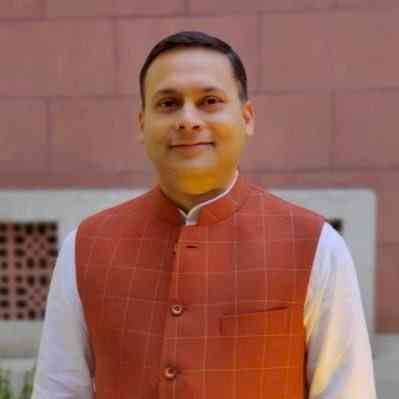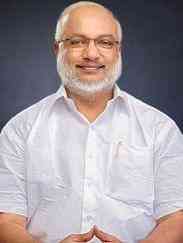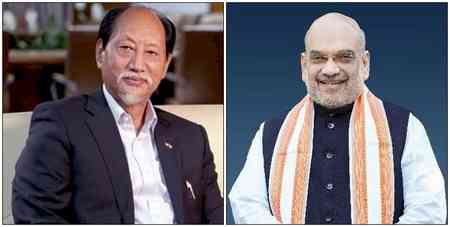World has understood that J&K is integral part of India: Rajeev Chandrasekhar
BJP leader Rajeev Chandrasekhar on Friday lauded the country's achievement as Turkish President Recep Tayyip Erdogan refrained from mentioning the Kashmir issue in his address at the United Nations General Assembly (UNGA). Chandrasekhar said that the world has now come to know that Jammu and Kashmir (J&K) is an integral part of India.

New Delhi, Sep 27 (IANS) BJP leader Rajeev Chandrasekhar on Friday lauded the country's achievement as Turkish President Recep Tayyip Erdogan refrained from mentioning the Kashmir issue in his address at the United Nations General Assembly (UNGA). Chandrasekhar said that the world has now come to know that Jammu and Kashmir (J&K) is an integral part of India.
"After the revocation of Article 370, J&K is witnessing a festival of democracy through the elections. The voter turnout in J&K is quite high as people are participating in voting in good numbers. People have now understood that the Congress, National Conference (NC) and Peoples Democratic Party (PDP) dynasties were running propaganda for more than 60 years in which they were calling J&K a disputed territory. It has now become history," Chandrasekhar told IANS.
He asserted that J&K has now seen rapid development since it was made a Union Territory.
"Today, J&K is becoming a prosperous Union Territory, where there will be opportunities and investments for the youth. Youths from J&K will also take part in fulfilling Prime Minister Narendra Modi's dream of a 'Viksit Bharat' by 2047," he asserted.
This year, speaking at the UNGA in New York on Tuesday, Erdogan marked a significant departure from his usual stance, where he has consistently raised the issue of J&K, particularly after India abrogated Article 370 and removed the Special Status of the region.
Erdogan's comments were seen as unwarranted interference in India's internal matters, and New Delhi repeatedly dismissed them as such.
Since 2019, Erdogan has used his UNGA platform to criticise India's policy in J&K, claiming that peace, prosperity, and stability were lacking in the Valley.
Shortly after India's decision to revoke Article 370, Erdogan had stated at the UNGA, "In order for the Kashmiri people to look at a safe future together with their Pakistani and Indian neighbours, it is imperative to solve the problem through dialogue and on the basis of justice and equity, not through clashes."
Erdogan this year focussed primarily on the Israel-Gaza conflict, sharply criticising the UN for what he described as turning the Palestinian territory into the "world's largest cemetery."
His decision to avoid mentioning Kashmir was notable, though the reasons were not clear. India's global standing might have influenced Erdogan's choice and his softened stance on Kashmir could be a diplomatic move to foster better relations with the country.


 IANS
IANS 








